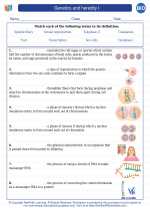Thyroid
The thyroid is a butterfly-shaped gland located in the front of the neck, just below the Adam's apple. It is an essential part of the endocrine system and plays a crucial role in regulating metabolism, growth, and development in the human body.
Anatomy of the Thyroid
The thyroid gland consists of two lobes connected by a narrow band of tissue called the isthmus. It is made up of specialized cells called follicular cells, which produce and store thyroid hormones. These hormones include thyroxine (T4) and triiodothyronine (T3), which are responsible for controlling the body's metabolic rate, heart and digestive function, muscle control, brain development, and bone maintenance.
Thyroid Hormone Regulation
The production and release of thyroid hormones are controlled by the pituitary gland in the brain. The pituitary gland secretes thyroid-stimulating hormone (TSH), which stimulates the thyroid gland to produce and release T3 and T4. When the levels of T3 and T4 in the blood are low, the pituitary gland increases the production of TSH, and vice versa, creating a feedback loop to maintain hormonal balance in the body.
Common Thyroid Disorders
Disorders of the thyroid gland can lead to either overproduction (hyperthyroidism) or underproduction (hypothyroidism) of thyroid hormones. Some common thyroid disorders include:
- Hypothyroidism: This condition occurs when the thyroid gland does not produce enough thyroid hormones, leading to symptoms such as fatigue, weight gain, cold intolerance, and depression.
- Hyperthyroidism: In contrast, hyperthyroidism is the overproduction of thyroid hormones, causing symptoms like rapid heart rate, weight loss, heat intolerance, and anxiety.
- Goiter: A goiter is an enlargement of the thyroid gland, often due to iodine deficiency or thyroid inflammation.
- Thyroid Cancer: Although relatively rare, thyroid cancer can develop in the cells of the thyroid gland and may require surgical treatment.
Diagnostic Tests and Treatments
Diagnosis of thyroid disorders often involves blood tests to measure TSH, T3, and T4 levels, as well as imaging studies such as ultrasound or nuclear scans. Treatment for thyroid conditions may include medications to regulate hormone levels, radioactive iodine therapy, or surgical removal of the thyroid gland in severe cases.
Study Guide
To effectively study the topic of the thyroid, it is important to focus on the following key areas:
- Understanding the anatomy and function of the thyroid gland, including its role in hormone production and regulation.
- Recognizing the signs and symptoms of common thyroid disorders, such as hypothyroidism and hyperthyroidism, and understanding the underlying causes.
- Learning about the diagnostic tests used to assess thyroid function, as well as the various treatment options available for thyroid disorders.
- Exploring the importance of iodine in thyroid health and its role in preventing goiter and maintaining thyroid function.
- Considering the impact of thyroid disorders on overall health and the potential long-term consequences if left untreated.
By mastering these key concepts, you will gain a comprehensive understanding of the thyroid and its significance in maintaining overall health and well-being.
[Thyroid] Related Worksheets and Study Guides:
.◂Biology Worksheets and Study Guides High School. Genetics and heredity I
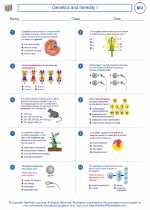
 Worksheet/Answer key
Worksheet/Answer key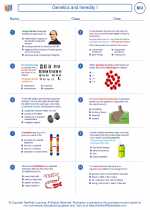
 Worksheet/Answer key
Worksheet/Answer key
 Worksheet/Answer key
Worksheet/Answer key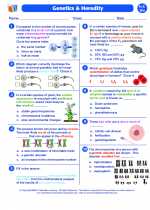
 Vocabulary/Answer key
Vocabulary/Answer key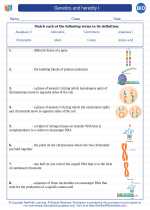
 Vocabulary/Answer key
Vocabulary/Answer key
 Vocabulary/Answer key
Vocabulary/Answer key
 Vocabulary/Answer key
Vocabulary/Answer key
 Vocabulary/Answer key
Vocabulary/Answer key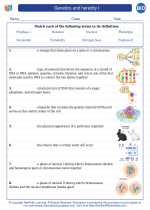
 Vocabulary/Answer key
Vocabulary/Answer key
 Vocabulary/Answer key
Vocabulary/Answer key